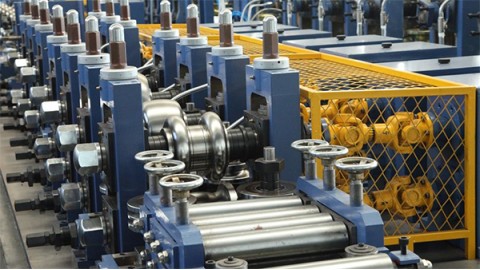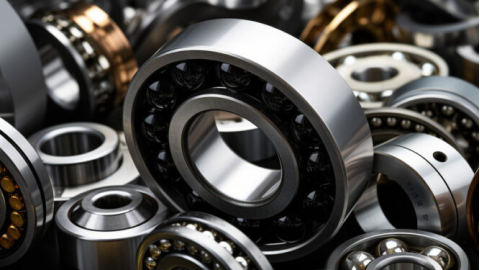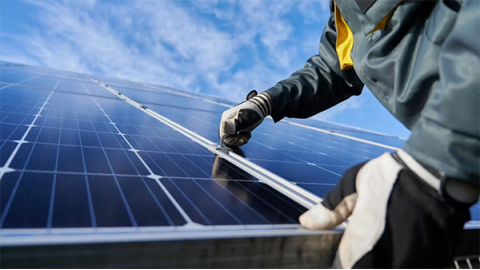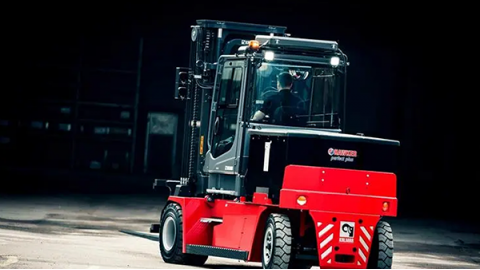Introduction
This article covers all essential aspects of Plastic Injection Molding.
Continue reading to explore key topics including:
- The fundamentals of plastic injection molding
- Key benefits of plastic injection molding
- The manufacturing process and equipment involved
- Top injection molding machine manufacturers
- Polymer materials used in the process
- Reaction injection molding technology
- Common defects in injection molded products
- And additional valuable insights
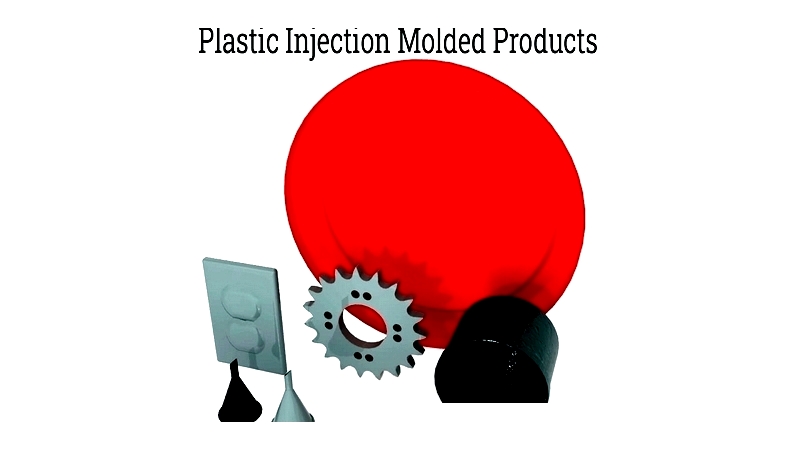
Chapter 1: Understanding Plastic Injection Molding
Plastic injection molding, commonly referred to as injection molding, is a manufacturing process for mass-producing plastic components. This technique involves injecting molten plastic into custom-designed molds where it cools and solidifies into the desired shape. Renowned for its efficiency in producing high volumes of parts with precise dimensions, this method is widely used across industries including automotive, electronics, consumer goods, and medical devices.
The process begins with tooling design, which determines the product's final form and features. This customization enables production of numerous identical parts, even those with complex geometries and tight tolerances. Through careful mold engineering, manufacturers guarantee each component meets exact specifications, making injection molding ideal for high-volume production with strict quality requirements.
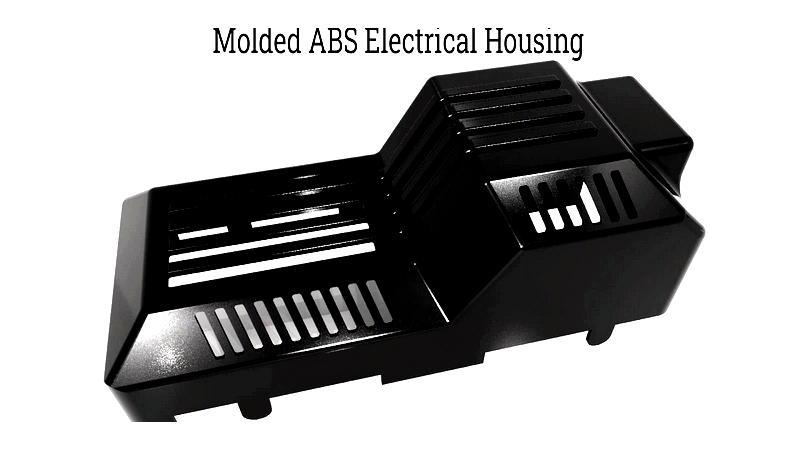
Chapter 2: Advantages and Disadvantages of Plastic Injection Molding
Injection molding offers manufacturers several significant benefits:
Cost-Effective Mass Production
This process excels at economical large-scale manufacturing of plastic parts. As a premier plastics manufacturing method, it produces high volumes of identical components with minimal waste, making it particularly suitable for industries like consumer goods, medical devices, packaging, and automotive. The automated nature ensures consistent quality and dimensional accuracy across all production runs.
Precision and Consistency
The process delivers outstanding accuracy and repeatability, enabling fabrication of complex parts with tight tolerances. This precision is vital for industries where component reliability is critical, such as aerospace, automotive, electronics, and medical device manufacturing.
Wide Material Selection
Manufacturers can choose from numerous thermoplastic and thermosetting materials with specific properties to meet application requirements. Common options include ABS, polycarbonate, polypropylene, and nylon, offering flexibility in design and performance.
Reduced Labor Costs
After initial setup, the highly automated process minimizes manual labor needs. This automation increases efficiency, reduces cycle times, and lowers production costs, especially for large orders.
Design Flexibility and Complexity
The method supports creation of intricate parts with features like undercuts, threads, and varying wall thicknesses. It also allows combining multiple components into single parts, reducing assembly needs - ideal for electronics, consumer products, and medical technology.
However, some limitations should be considered:
Expensive Tooling and Upfront Investment
Custom mold creation requires significant initial investment in design, fabrication, and testing. Precision steel or aluminum molds must endure long production cycles, while prototype molds are needed for design validation, adding to costs and timelines.
Design Modification Challenges
Part design changes often require extensive mold modifications. Enlarging parts necessitates cavity removal, while reducing sizes may require new tooling - both costly and time-consuming processes.
Design Constraints
Successful injection molding requires adherence to specific design principles to prevent defects. Key considerations include:
- Uniform wall thickness for even cooling
- Optimal wall thickness (minimum 6mm recommended)
- Minimized undercuts to simplify tooling
Additional factors include proper draft angles, gate placement, and avoiding sharp corners - all crucial for production efficiency.
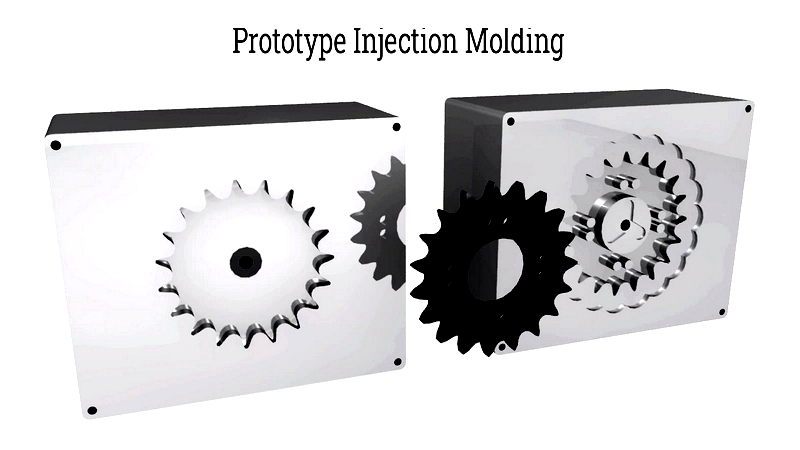
Environmental Considerations
While efficient, the industry is adopting sustainable practices like using recycled materials and energy-efficient equipment. Compliance with environmental regulations is also crucial for certain applications.
Selecting a Manufacturing Partner
Choosing the right supplier involves evaluating their material expertise, technological capabilities, quality certifications, and experience with secondary operations. A reliable partner ensures quality results whether for prototyping or mass production.

